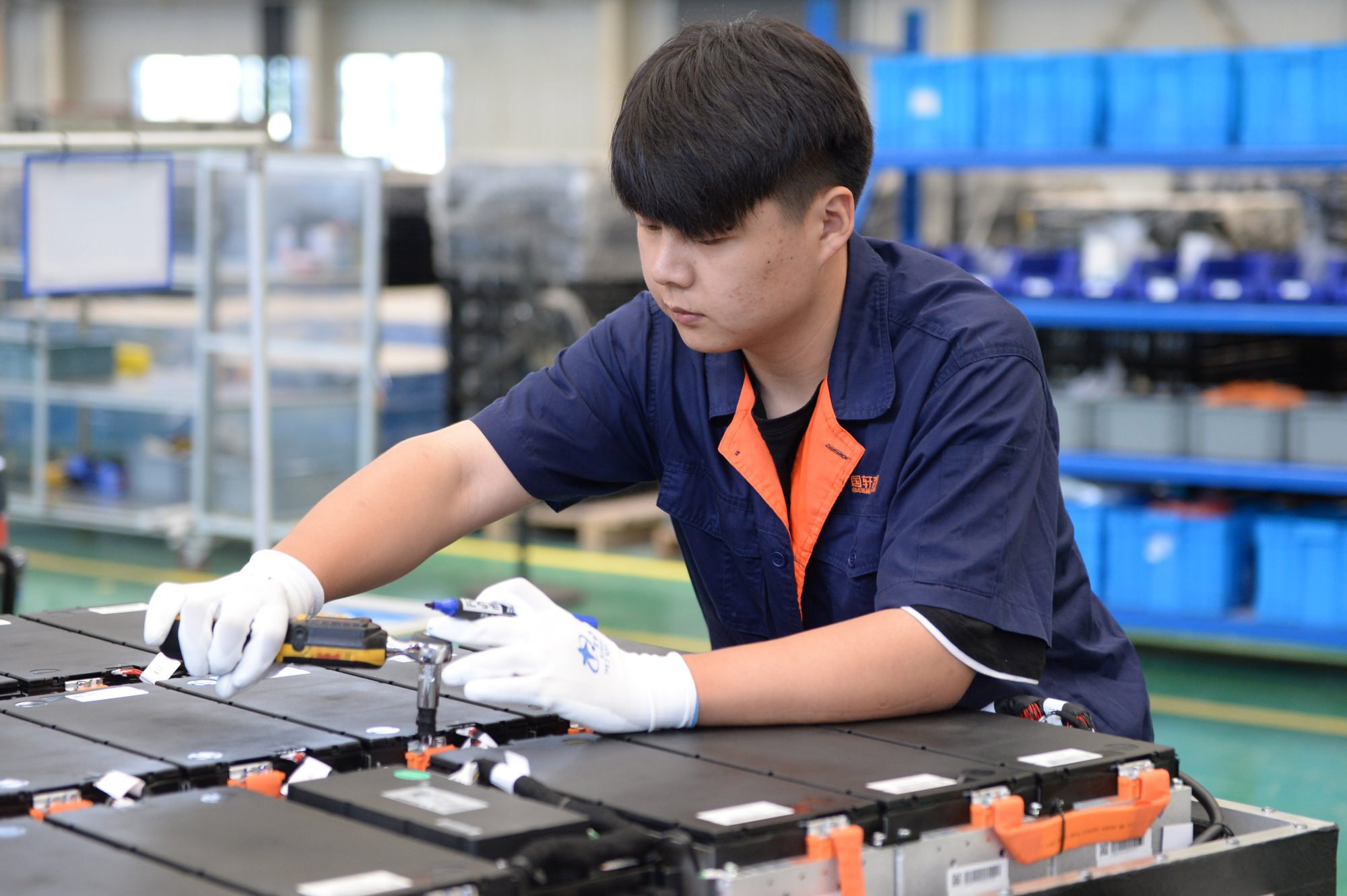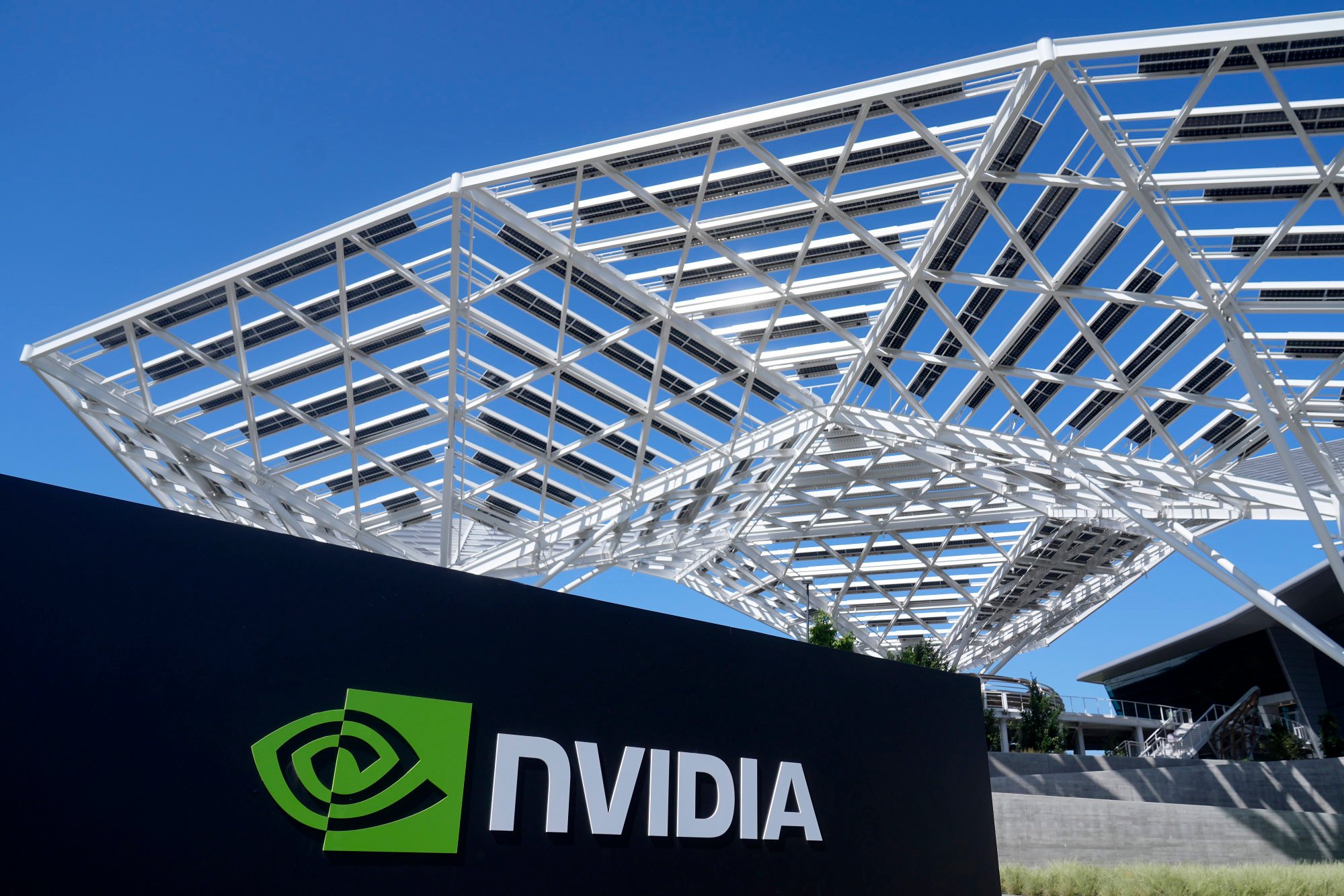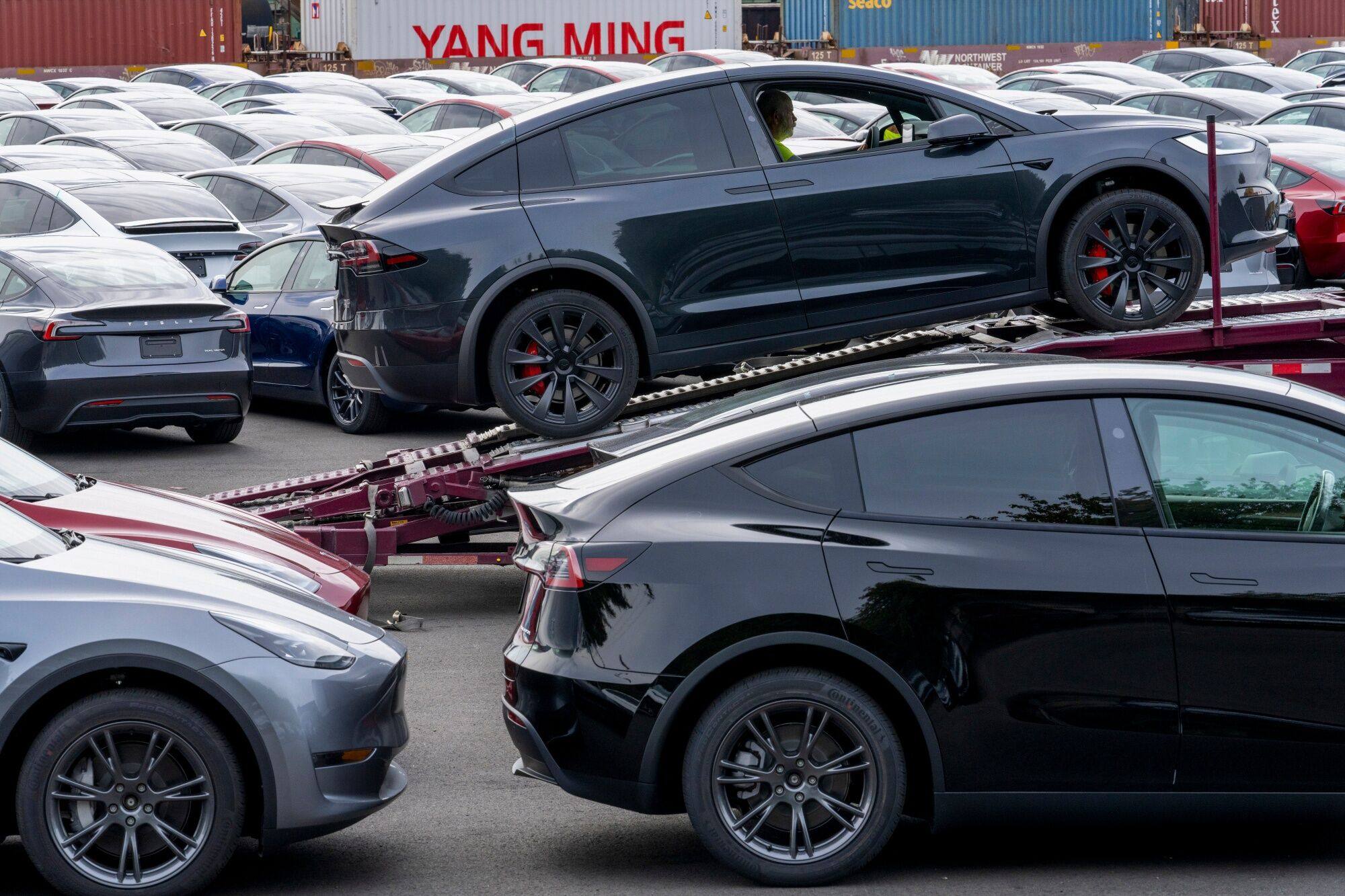Performing best in nuclear power, EVs and batteries, mainland companies will ‘likely equal or surpass Western firms within a decade or so’. — SCMP
Can China innovate and outcompete the US in their pitched battle for technological supremacy?
A 20-month investigation into the innovation performance of 44 Chinese firms across key technologies – including nuclear power, semiconductors, artificial intelligence, electric vehicles and materials science – revealed a troubling yes for the US.
On Sept 18, analysts from the Information Technology and Innovation Foundation, a Washington think tank, presented their findings at a Capitol Hill event, urging US politicians and policymakers to tackle the challenges posed by Chinese innovation.
“Overall we find that while the Chinese innovation system is not perfect, it is much stronger than it was previously understood,” ITIF’s Stephen Ezell told the gathering.
Evidence to date suggested China had yet to take the lead overall, but “it has pulled ahead in certain areas and in many others Chinese firms will likely equal or surpass Western firms within a decade or so”, he added.
Chinese firms were performing “the best” in nuclear power, electric vehicles and batteries, Ezell said, calling its pace of innovation in advanced semiconductors modest.
The analysts assessed the companies based on their R&D investment, personnel, presence of internal innovation teams, international awards and market share, comparing these factors to global leaders in their respective fields.
China is likely 10 to 15 years ahead of the US in deploying fourth-generation nuclear reactors at scale, according to the findings compiled and written by Robert Atkinson, ITIF’s president.
Now the world’s second-largest economy is building more nuclear reactors than the rest of the world combined, having deployed more in the past decade than the US has in the last 30 years.
By 2030, China is expected to surpass the US in nuclear-power generation, as it already became the first country to operationally deploy advanced fourth-generation reactors with new designs and passive safety systems.
On the automotive front, Ezell described it as “amazing” that China manufactured a mere 5,200 cars in 1985 and this year is expected to churn out 26.8 million.
“That’ll be 21% of global share,” he noted. “They’re expected to hit 30% of global share by the end of this decade.”
China is currently manufacturing 62% of the world’s electric vehicles and 77% of the world’s EV batteries.

In biopharmaceuticals, the ITIF probe found that while China still lagged American and Western leaders, it was rapidly catching up. Between 2002 and 2019, China’s share of global value added in the biopharmaceutical industry quadrupled to nearly 25%.
In robotics, Ezell said “we found that the Chinese companies themselves weren’t as innovative as their American, (South) Korean or Japanese peers, with the exception of Kuka”, a German manufacturer of industrial robots acquired by Chinese appliance manufacturer Midea Group in 2016.
That said, China last year deployed more industrial robots than the rest of the world combined, the ITIF chief added. “This means that they’re going to see the impacts of robotics and automation catalysing across the rest of their manufacturing economy.”
As for semiconductors, the investigation found that China was about two to five years behind global leaders, with the latest advanced chip made by Huawei Technologies three years off pace.
In 2020, Huawei faced severe US sanctions that cut off its access to key chip supplies. Yet last year it surprised Washington by launching a new smartphone powered by a domestically produced advanced semiconductor.
This month the US Commerce Department announced new export controls on quantum computing and advanced chipmaking tools to protect American tech superiority. The interim rule included exemptions for countries that implement similar measures.
This followed the department’s enactment of export controls in 2022 aimed at limiting China’s access to advanced computing chips, hindering its development and maintenance of supercomputers and restricting its semiconductor-manufacturing capabilities.
And since the US government banned stateside chip makers from selling advanced semiconductors to China, American firms like Nvidia have created low-end versions of their most superior chips for the mainland market.

The Chinese economy represented about 17% of Nvidia’s revenue for the year ending in January, down from 26% two years earlier. Companies like Huawei have proved stiff competition.
Rick Switzer, who formerly worked on tech policy at the US State Department, warned on Sept 18 that China was keeping pace on legacy chips used to make everything from washing machines to refrigerators to defence systems.
“If you don’t control the legacy chips, you lose control of the entire fundamental foundation of technology,” he said.
Switzer asserted that ITIF’s report burst some myths about Chinese innovation hingeing on stolen tech from the West.
He cited a recent trip to the mainland by senior executives of American auto giant Ford, saying they found that Chinese EVs were not just cheaper but also “more innovative”.
China “can innovate. They innovate all the time. They didn’t steal their way there. They actually worked very hard to get there”, Switzer said.
Tesla can attest to the challenge. In 2023, China’s BYD emerged as the world’s top EV manufacturer, selling about 3 million cars. In the same year, Elon Musk’s firm sold 1.81 million vehicles globally, and in the first half of 2024, its China sales fell by 5%.
Washington has paid heed. In May, US President Joe Biden imposed 100% tariffs on Chinese EVs. He also said he wanted America by 2030 to produce EV batteries free of Chinese input such as critical minerals.

Switzer noted that US researchers and research institutions have jointly published more papers with Chinese nationals and institutions than with any other country.
About 70% of mainland students from the science and tech field do not stay in the US after studying in American universities, he added, as they end up working at Chinese companies and state-run labs.
“The ability to recycle innovation antibodies from recent graduates and postdocs who run through our system is one of the key elements” enabling China to stay innovative and be “a fast follower, a peer or an actual industry leader across the board”, said Switzer.
Delivering closing remarks at the event, US congressman John Moolenaar, a Michigan Republican and chair of the House select committee on China, said outbound capital and export controls remained critical to America’s defensive strategy against China.
“Export and outbound capital restrictions are a necessary condition for our victory over the CCP (Chinese Communist Party), and by combining these types of tools with investments in our own innovation, we can achieve victory,” he said.
Biden in August 2023 signed an executive order banning the flow of American capital to Chinese firms involved in advanced tech sectors such as chips, AI and quantum computing.
Emily Jin of Datenna, a Dutch-based data-intelligence platform firm focusing on the mainland, cautioned that China was “rapidly advancing and even leading in several cutting-edge fields to turn technological leadership into economic growth and geopolitical power”.
Furthermore, she believed the country’s ideological environment was “less contested than the one in the United States today”.
Specifically, China’s approach to industrial policy and tech upgrading “is backed by an almost unified ideological fervour that the United States currently cannot match”. – South China Morning Post





